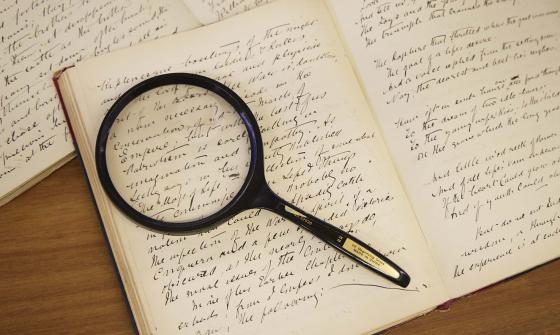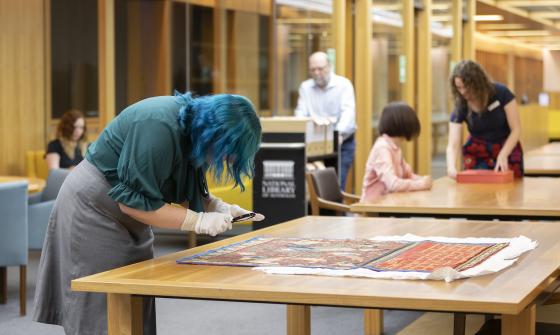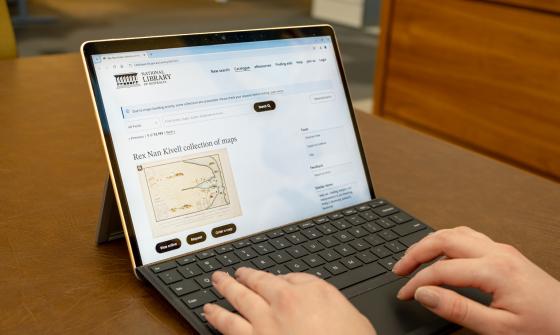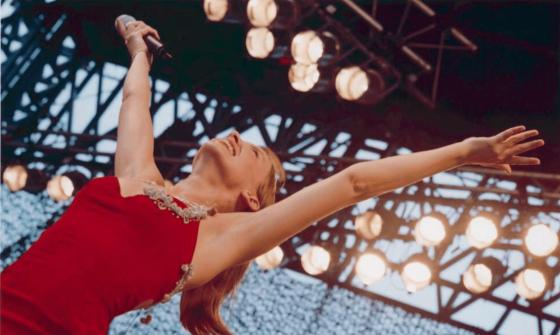Copyright permissions
Copying and re-use without the Library's permission
If you make your own copy of items from the Library's collections without seeking any additional permission from us, you accept the responsibility to make sure you do not infringe copyright or moral rights, as set out in the section on your responsibilities.
Copying and re-use that does need the Library's permission
If you are requesting copies through the Library's Copies Direct service, you will be asked to make a declaration that confirms that either the permission of the copyright owner has been obtained or no such permission is necessary (for instance because an exception applies).
In contrast, some collection items may have access restrictions that require permission from the Library before you copy or re-use them. This permission does not relate to any copyright in the item, but relates to collection management issues, such as ensuring that fragile items are handled with care, and that the Library is properly attributed for certain public uses.
The Library asks you to seek this permission for two reasons:
Library staff need to check whether any special restrictions apply to the works.
A special restriction may apply, for example, because the Library agreed to a request by a collection donor that they retain control of the work's use for a certain period, even though they may not own copyright in the works they donated, or copyright has expired. These restrictions are often requested because the material contains private or sensitive information.
Library staff seek your agreement to cite the creator and title of the rare or unique work you are re-using, and to acknowledge the Library as the owner.
That way, anyone who comes across your reproduction can trace the material back to the Library's collection.
Rare or unique works are often fragile or valuable and can only be copied by Library staff on your behalf. A fee is payable to cover the Library's costs.
Place your order through Copies Direct. When you place an order, we will tell you whether copyright or any other restrictions apply.
Copying and re-using digitised material from the Library's website
Digitising does not change the copyright status of material. When a public domain photograph is digitised, the digital version is also in the public domain. The digitised version of an in-copyright work has the same duration of copyright as the original.
You will find digital copies of items from the Library's collections, such as photographs, diaries, letters or recorded interviews on the Library's website. Where this material is out of copyright it may be freely used provided the Library and the creator are acknowledged; however, the Library does not endorse any inappropriate or derogatory use.
Use of digital copies of in-copyright material may require a request for permission unless your use falls within one of the exceptions, such as research or study. The need to request permission will usually be stated on the Library's website in association with the digital copy.
You need to ask the Library's permission because a copyright owner may have allowed us to put a copy on our website but not allowed us to authorise uses beyond research or study. In other cases the Library may have put the digital copy online using one of the exceptions in the Copyright Act that apply to libraries. These exceptions are not transferable to the public.
When you submit an intention to publish, we will tell you whether copyright or any other restrictions apply.
For further information about obtaining the Library's permission to copy items found on the National Library's website (not in the catalogue), please Ask a Librarian.



